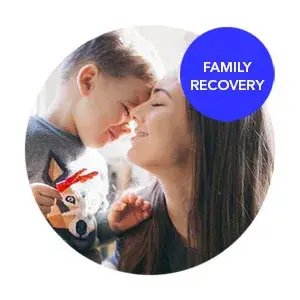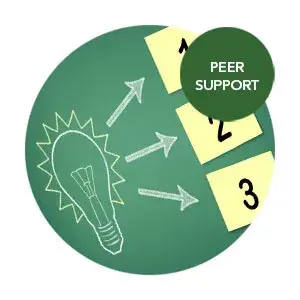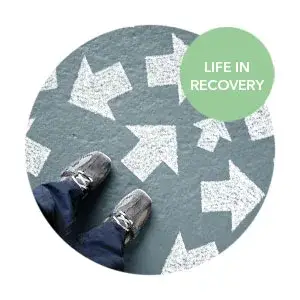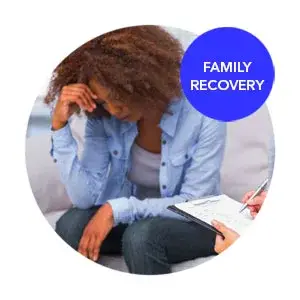Stages of Detox

Needing help managing medications is nothing to be ashamed of. People who use increasing amounts of psychoactive drugs are not villains; they are people in immense physical, emotional, and spiritual pain. An inpatient medical detox program is the best way for doctors to determine which of your medications are helping you, which medications need to […]
What is a Parental Responsibility Evaluation (PRE)?

Sadly, we work with families at CeDAR in which a marital relationship is no longer sustainable. A Parental Responsibility Evaluation (PRE) is a commonly used resource for those struggling with divorce and planning for co-parenting. Read more about a PRE.
Three-Step Exit Plan to Avoid Relapse

The best time to make a reliable plan to exit from any potential relapse situation is when you’re clean and sober. Don’t wait to make a plan during a crisis. Definitely don’t make a plan when you’re high on drugs and alcohol. That’s the worst time to be rational and reasonable. Plan to stay sober while you’re already sober. Here’s a basic three-step exit plan.
The Issue with Commitment

How many times have you heard someone say they were “afraid of commitment?” This phrase is so common because it is a normal part of the human experience. Explore the dilemma around commitment and its adversary, ambivalence. These patterns are important to address in relationships and recovery. Get the full story here.
Physical vs. Emotional Detox

Early recovery is volatile. The beginning usually involves a structured detox before entering a treatment program. Learn some reasons many people need more days of stabilization beyond just medical detoxification from substances. Take a few minutes and read this one.
The Five Best 12-Step Sayings

Learn about five of the most popular colloquial phrases often heard in 12-Step programs, emphasizing the recovery meanings at hand. These phrases are meant to provide guidance and hope for members, often utilizing a witty sense of humor. Here’s a quick read for you.
Watch for Interference

Are you pulling your hair out because your family member is struggling to engage in treatment? This article lists some of the most common forms of resistance in the recovery process so you can offer better boundaries in your support of a loved one. Learn about what interference looks like.
The People vs. Big Opioid

Recent news reports the lawsuit by the State of Oklahoma vs. Johnson & Johnson for liability across the opioid epidemic. It looks a lot like historical rulings against Big Tobacco and the public health ramifications. Why is Big Opioid like Big Tobacco?
Methods of Drug Testing

Review some common forms of drug and alcohol testing, and read about the strengths and weaknesses of different tests. Click here to read the full article. This article also connects with our podcast Through the Trees Episode 18 – Trust but Verify.
Three Forms of Empathy

It can be very useful to have a greater understanding of empathy, as this trait is so fundamental to our humanity. Read this quick article about the three forms of empathy, as described by psychologist Daniel Goleman, and how each form is different and necessary for fulfilling relationships. Click here.
